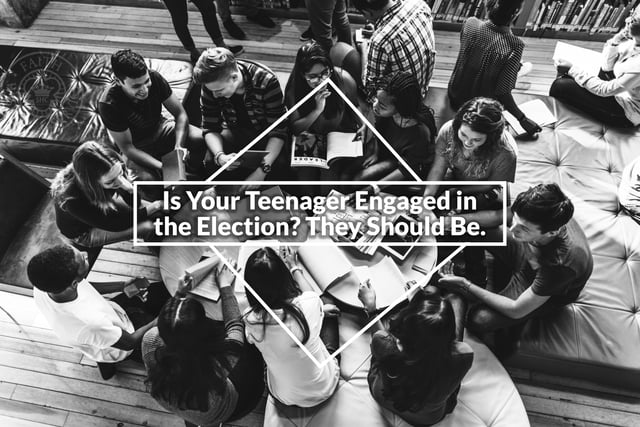“The right to vote is the right upon which all of our rights are leveraged – and without which none can be protected.” Benjamin Todd Jealous, former President of the National Association for the Advancement of Colored People (NAACP), spoke these words during the NAACP annual convention. Yet, as Americans, we do not tend to follow his advice. Although, we have seen some improvement in voting turnout for national elections, quite the opposite has taken place in state elections in New Jersey.

In the last New Jersey governor’s election in 2013, 39.6 percent of voters turned out to vote. This was the lowest ever voter turnout for a governor’s race in New Jersey. The low voting percentage is following a pattern that started in the early 2000s in which we see lower voter turnout in each governor’s election.
As this year’s gubernatorial election between Lt. Gov. Kim Guadagno and Phil Murphy looms, many are rightfully concerned with this trend. One key ingredient to helping change this tide is to encourage youth to be engaged in the election. By getting students interested in elections — be they national, local or even high school politics — at a young age, we may see an increase in voter turnout in the future. With this in mind, a bipartisan commission called Commission on Youth Voting and Civic Knowledge, was created in order to better understand how to engage the young. The following are some of their ideas:
- To lower the voting age to 17 for municipal and state elections. The idea is students would be more inclined to start voting while they are still in school while ideally learning about civics. In the end, it could lead to lifelong voters.
- Create mandatory state/national standards for a high school civics programs. Many high schools are not able to offer a civics program within their curriculum due to other standards that must be followed. By changing these standards to include a civics program, students will understand the foundations of government and the role of voting.
- Discuss the issues. Students and teachers alike are sometimes concerned with discussing controversial topics within the classroom. Sometimes these topics are pushed to the side. The best way to encourage students to vote is to engage them in conversations related to the issues facing the country/state. Allowing students to voice their opinions and letting them know their thoughts matter would lead to more enthusiasm in our electoral process. Programs centered on intellectual discourse can help students and teachers become more comfortable with these conversations.
As an all-girls middle/high school in Summit, New Jersey, Oak Knoll believes it is important to remind young girls that the right to vote was not always available to us as females. Supreme Court Justice Sandra Day O’Connor once said, “Young women today often have very little appreciation for the real battles that took place to get women where they are today in this country. I don't know how much history young women today know about those battles.” Young girls understanding the history of our own voting rights, realizing the effort that many before us put into helping us receive the right to vote, might also provide extra motivation. To that end, I created this Voting Rights Timeline before last year's general election between Hillary Clinton and Donald Trump so my students could visually see the history of voting rights as they evolved.
Ultimately, there is no easy answer as to how to engage young students in elections. The one definitive answer is that it must be done. Our democracy and our future depends on an engaged and active citizenry. “Let us never forget that government is ourselves and not an alien power over us. The ultimate rulers of our democracy are not a president and senators and congressmen and government officials, but the voters of this country.” - Franklin D. Roosevelt
--
For parents of younger children, check out our previous blog titled, "4 Ways to Talk to Kids About the Election.



